Life
-
 Health & Medicine
Health & MedicineCan we taste fat? The brain thinks so
Scientists had not considered fat a 'taste.' The brain begs to differ, new data show.
-
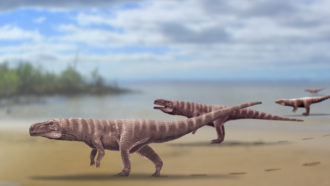 Fossils
FossilsThese crocodile ancestors lived a two-legged life
A set of 106-million year old footprints show a crocodile relative appears to have walked on two legs.
-
 Ecosystems
EcosystemsLet’s learn about coral reefs
Coral reefs are home to many important species. But climate change is stressing corals to the max.
-
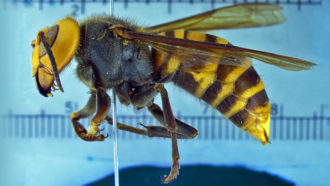 Animals
AnimalsWhat you need to know about ‘murder hornets’
Two new specimens of the world’s largest hornet have just turned up in the United States. Here’s what to make of them and other alien-hornet invaders.
By Susan Milius -
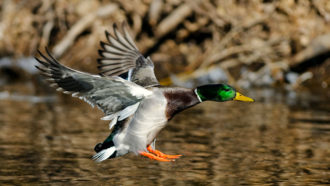 Ecosystems
EcosystemsPooping ducks can shed the live eggs of fish
Some carp eggs survived and even hatched after being pooped by a duck. This may help explain how invasive fish reach isolated waterways.
-
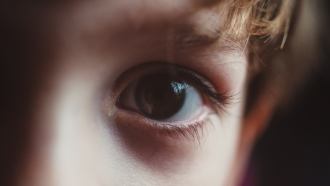 Brain
BrainExplainer: How our eyes make sense of light
It takes a lot for images before the eyes to be 'seen.' It starts by special cells sensing the light, then signals relaying those data to the brain.
-
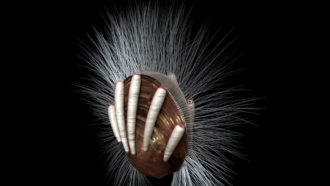 Fossils
FossilsTube-dwelling sea creatures may be oldest known parasites
A fossil bed of clam-like animals from a half-billion years ago is covered in tube-dwelling organisms. These suggest the tube dwellers were parasites, scientists now report.
-
 Ecosystems
EcosystemsScientists Say: Prairie
Prairies are flat, fertile grasslands in North America. They are their own unique ecosystem.
-
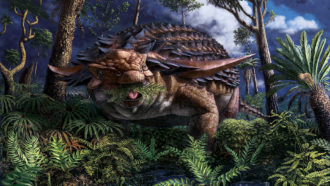 Fossils
FossilsFossil stomach reveals a dinosaur’s last meal
A rare fossilized stomach reveals a dino’s dining preferences. It also provides clues to the ecosystem in which the reptile lived.
-
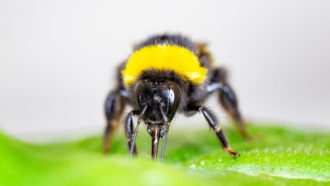 Animals
AnimalsBumblebees may bite leaves to spur plant blooming
In a pollen shortage, some bees nick holes in tomato leaves. This can speed up flowering and pollen production by weeks.
By Susan Milius -
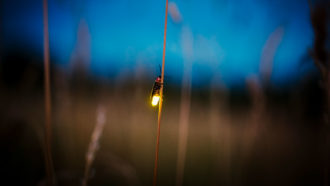 Animals
AnimalsLet’s learn about bioluminescence
Some animals, bacteria and algae produce their own light. This bioluminescence can attract mates or protect from predators.
-
 Oceans
OceansGoing bright may help corals recover from bleaching
When some corals bleach, they turn neon colors. Flashy hues may be part of a response that helps these corals recover and reunite with their algae.